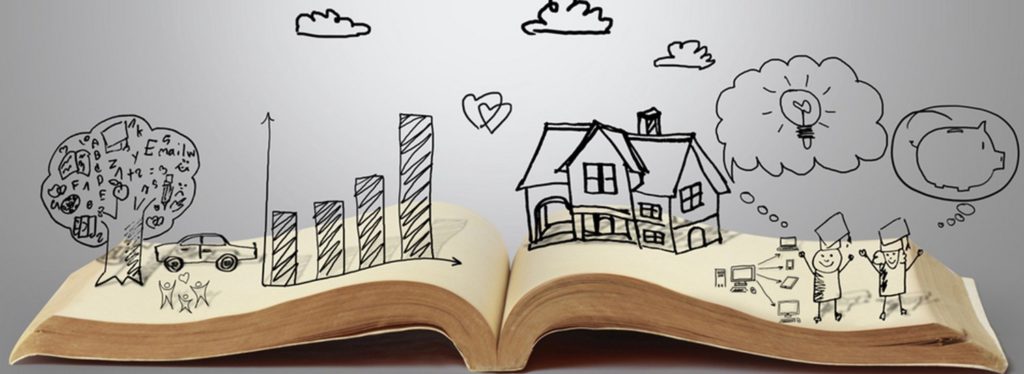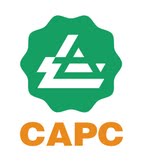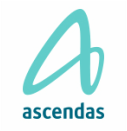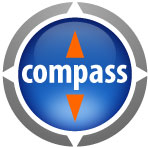
OVERVIEW
Strategic Corporate Storytelling is the skill that separates average communicators from
the legends. Today’s complicated, fast paced business world demands communication that
commands attention. No other method holds our attention like storytelling. Stories, when skillfully told, improve reception and retention of information. Modern Thought
leaders have realized that this is one of the key skills to master if they seek to inspire,
motivate, teach, or lead others. Strategic Corporate Storyteller workshop is designed for anyone who needs the skills to communicate more deeply, emotionally, and powerfully with their audience. By the end of the workshop they will be able to:
• Understand why stories are the most powerful communication tool
• Create and shape your own stories successfully
• Shift audience perceptions
• Persuade and sell more convincingly
• Motivate your audience
• Use framing and images to control arguments and ideas
OUTLINE
Day 1
9:00 Morning Session
Introduction and icebreaker
What is Strategic Corporate Storytelling?
Storytelling vs. Corporate Storytelling
Why use stories?
• The power of storytelling
• Science of storytelling: Neuroscience + Neuromarketing
11:00 BREAK
Applications: When can you use stories successfully?
• Story strategy- defining your objectives
Activity: Storytelling icebreaker
12:00 LUNCH
1:00 Afternoon Session
7 Basic types of Corporate stories
The Monomyth- The Hero’s Journey- the classic structure
Story-type 1; The S.H.O.R.T. Story formula
• From Pixar to Apple: Steve Jobs secret weapon
• Applications in the workplace, examples, and practice session
Story-type 2: TRAITS
• Showing vs. Telling both positive and negative characteristics of yourself, your
company, and your products and services
• Applications in the workplace, examples, and practice session
2:30 BREAK
Story-type 3: Origin Story
• Documenting the history of your company through storytelling rather than a
timeline
• Applications in the workplace, examples, and practice session
Story-type 4: Reporting Data
• Data Storytelling introduction; Using narratives to give meaning and purpose to
the numbers
• Data visualization basics
• Applications in the workplace, examples, and practice session
Day 1 review
5:00 End of Day 1
Day 2
9:00 Morning Session
Review of day 1 and Introspection
Story-type 5: Intrigue + Interest
• Using stories to inject life to dull topics
and conversations
• Creating mystery to build engagement
and keep attention
• Lessons from comedy and improv
• Applications in the workplace,
examples, and practice session
11:00 BREAK
Story-type 6: Examples + Explanations
• Techniques for better comprehension, retention, and buy in when
introducing new concepts, products, or behaviors
• Applications in the workplace
• Applications in the workplace, examples, and practice session
12:00 LUNCH
1:00 AFTERNOON SESSION
Story-type 7: Success + Failure Stories
• Using positive and negative stories for inspiration, motivation, caution, and
persuasion
• Examples and applications for the workplace
• Applications in the workplace, examples, and practice session
Where can you find your own stories?
• Where to get the best material
• Brainstorming techniques to create/ remember
2:30 BREAK
DELIVERY -How to tell your story
• Body language- Posturing, facial expressions, gestures, eye contact
• Voice Control- Pitch, pace, power, passion, personality, and
pausing
• Suspense and engaging your audiences
Practice and evaluations
• Storytelling session with feedback
Workshop evaluation & action planning
• Personal action plan for further development
• End of course evaluations
5:00 End











